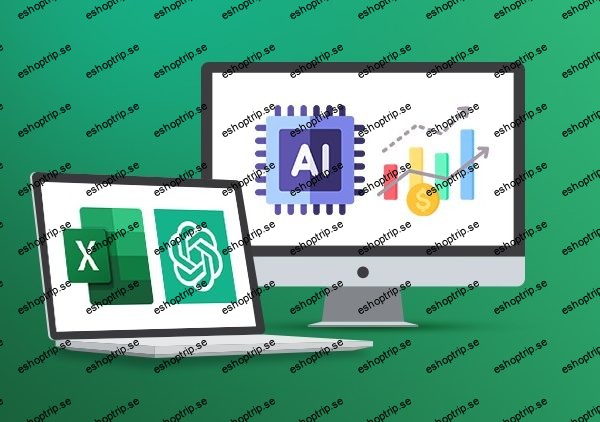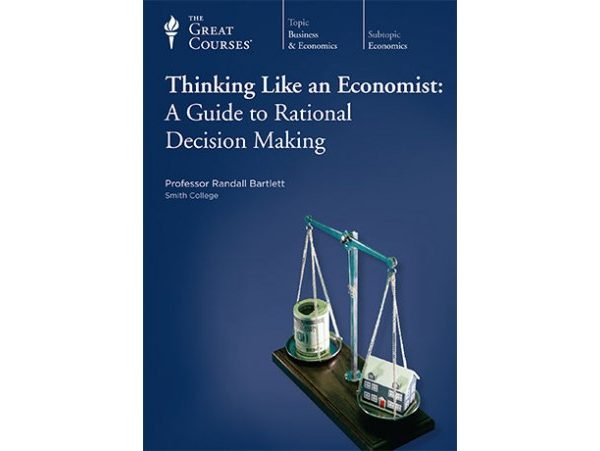Published 10/2024
MP4 | Video: h264, 1280×720 | Audio: AAC, 44.1 KHz, 2 Ch
Language: English | Duration: 4h 44m | Size: 1.46 GB
Master depreciation accounting and non-controlling interest techniques to enhance your financial reporting accuracy
What you’ll learn
The fundamental concepts of depreciation accounting and its role in financial reporting.
Different methods of calculating depreciation, including the Unit of Production Method.
How to record depreciation entries and manage them using ERP systems.
How to analyze financial statements with a focus on depreciation impacts.
Reconciliation techniques for depreciation entries and examples of balancing financial records.
How to account for capital expenditures, assets under construction, and component depreciation.
The concept of impairment, its reversal, and practical case studies.
The differences between depreciation, depletion, and revaluation methods.
The basics of non-controlling interest and its significance in financial consolidation.
How to consolidate financial statements with non-controlling interest, using practical examples.
Requirements
Basic understanding of accounting principles and financial statements. Familiarity with general bookkeeping practices. Knowledge of financial terms and concepts. Experience with accounting software or ERP systems is helpful but not mandatory. A willingness to learn about depreciation, asset management, and financial reporting.
Access to a calculator or spreadsheet software for performing depreciation calculations. An interest in enhancing your accounting and financial analysis skills. No prior experience with non-controlling interest or advanced financial consolidation is required.
Description
Introduction:This course provides a comprehensive overview of accounting for depreciation and non-controlling interest. Depreciation is a crucial aspect of accounting that impacts the financial statements and decision-making process within organizations. Additionally, understanding non-controlling interest is essential for companies with subsidiaries and complex ownership structures. Through this course, students will explore various methods, entries, and scenarios for accounting depreciation, as well as the intricacies of non-controlling interest and consolidation processes.Section 1: Accounting for DepreciationThis section begins with an introduction to depreciation accounting, discussing its significance in maintaining accurate financial statements. Various methods of depreciation accounting, such as the Unit of Production Method, are covered in detail. Students will learn about the appropriate accounting entries required for depreciation in ERP systems, focusing on both practical examples and theoretical foundations. A deep dive into the Asset History Sheet and Asset Exploration will help students gain insights into tracking and reconciling asset depreciation over time. Reconciliation techniques, along with examples, ensure clarity on balancing financial records.Moreover, financial statement analysis is covered, highlighting how depreciation affects various financial reports. Practical examples using trial and balance sheets, capital expenditures, and assets under construction are discussed to solidify the understanding of depreciation accounting. Component depreciation and related issues, such as impairment and its reversal, are also explored. The course covers the depletion method and its importance in accounting for natural resources. Finally, students will explore the concept of revaluation depreciation and its application in different scenarios.Section 2: Non-Controlling Interest TutorialsThe second section transitions into the realm of non-controlling interest, beginning with a detailed introduction. The course clarifies how non-controlling interest is defined and why it’s important in the context of subsidiaries. Simple examples are used to illustrate the measurement of non-controlling interest and its impact on consolidated financial statements. Students will learn about the consolidation process, working through practical examples that demonstrate how to handle non-controlling interest in real-world accounting situations. The section ends with advanced examples of consolidation, ensuring students have a robust understanding of these key concepts.Conclusion:This course on Accounting for Depreciation and Non-Controlling Interest equips learners with essential knowledge for managing depreciation entries and handling non-controlling interest in financial statements. By the end of the course, students will be able to confidently manage depreciation accounting processes, reconcile financial data, and handle the consolidation of financial statements involving non-controlling interest.
Who this course is for
Accounting professionals seeking to deepen their knowledge of depreciation accounting and asset management.
Finance students looking to enhance their understanding of depreciation methods and financial reporting.
Business owners or managers who want to learn how depreciation impacts financial statements.
Individuals working in or aspiring to work in roles involving financial analysis or reporting.
ERP users or accountants working with asset management and depreciation modules.
Anyone preparing for accounting certification exams or advanced financial roles.
Professionals interested in learning about non-controlling interest and consolidation processes.
Entry-level finance or accounting staff seeking practical knowledge in depreciation and asset-related accounting.
Homepage
https://www.udemy.com/course/accounting-for-depreciation-and-non-controlling-interest/










